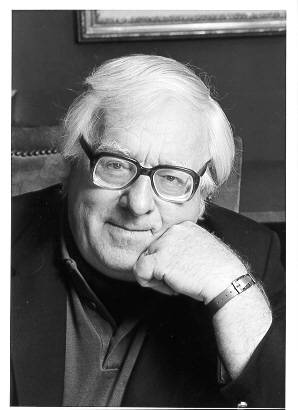The great Ray Bradbury advised authors to write a short story a day.
Don't have time? Then try a little Flash Fiction. Encounters in Paris is totally a collection of Flash. As I work to improve my own writing, here's what I've learned about FF so far! Head over to the #NovelSpaces blog to find out more!“…Write a short story in one day so it has a skin around it, its own intensity, its own life, its own reason for being.” – Ray Bradbury
I couldn’t agree more with the venerable American science fiction author, Ray Bradbury. Writing short stories is, indeed, its own art form. By writing one short story daily, a writer cannot help but become more skilled in his/her craft. Short stories provide authors with opportunities to create thoughtful, introspective prose. In that process of creation, authors develop characters, settings and plots with laser-like precision.
However, writing flash or micro fiction (a work between 500 to 2,500 words) is even more challenging because telling a complete story, utilizing few words means that each word must be carefully selected. Every word must show and tell. And, isn't that what high school English teachers preach to students, anyway? Stylistically, flash fiction allows an author to say their piece, get off the page and move on to another story. It's the perfect way to train and keep writing until inspiration for a longer work hits.
Sometimes getting started can be very difficult, so here are some tips to get the creative juices flowing:
- Start in the middle of the story. There isn't a lot of time to set elaborate scenes or build characters. Jump right into the center of the conflict and build the rest of the story from there.
- Limit your location and setting. Make the reader feel as if they are stepping into a precise moment in time and participating with the characters in their own world.
- Avoid becoming an interloper. Instead, act if you are eavesdropping on an illicit conversation and write your story as if this is the case.
- Don't use too many characters. One or two characters are perfect for flash fiction because you don’t have time to describe your characters in intricate detail. Sometimes even giving the character names is too much, so don’t – unless the name conveys additional story information or saves your word count.
- The last sentence is the ticket. The last sentence of the story is an extraordinary opportunity to make the reader think. It's not the end of the story, but instead the beginning. This is the place where the reader starts to process what they have just read, and as a result, he or she may experience a wave of emotions (happiness, anger, sadness, confusion, etc.) As writers this is our goal.





